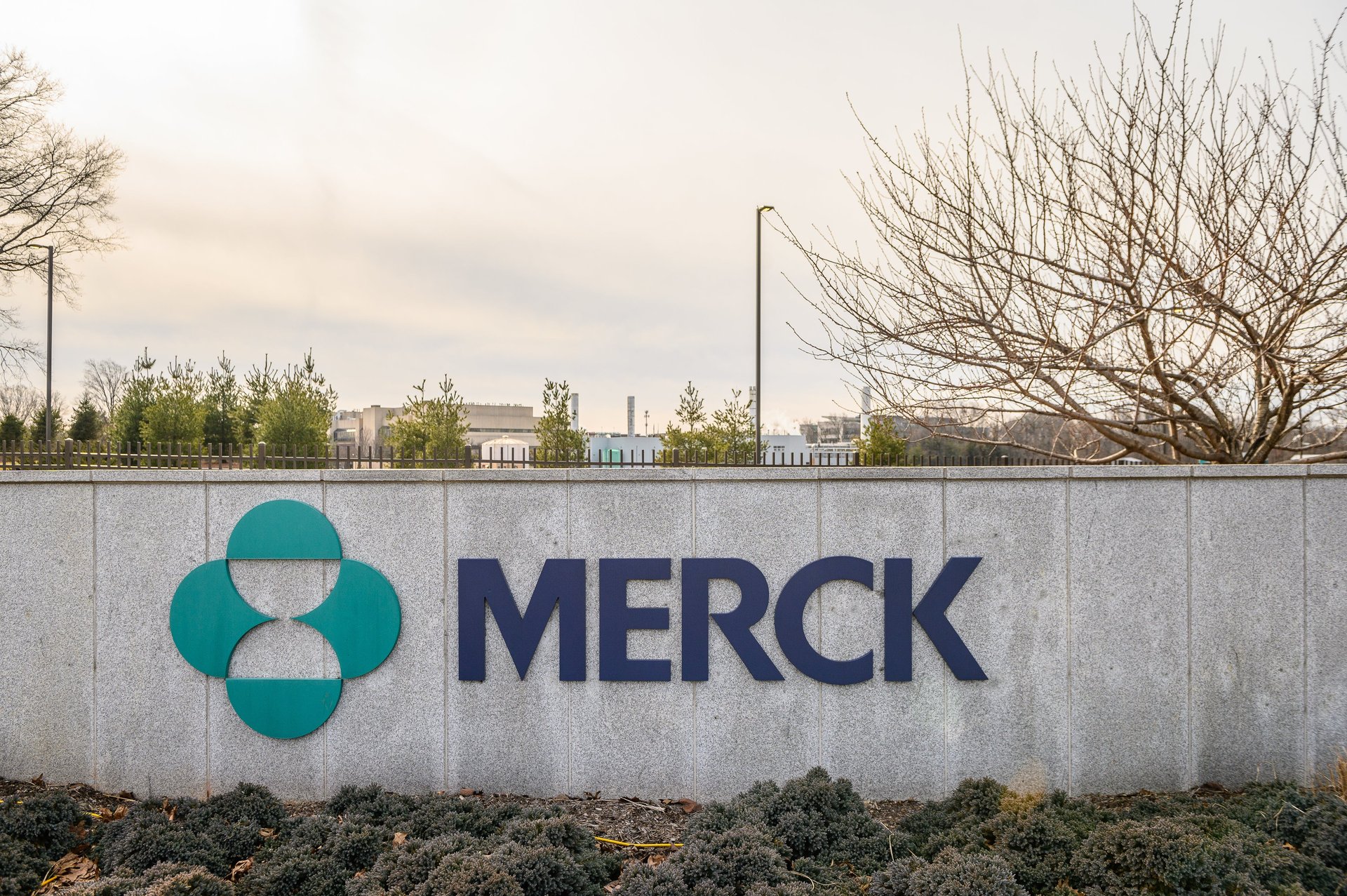Big Pharma is staying quiet on Trump's China tariffs
Major pharma companies like Pfizer, Merck, and Amgen have remained relatively silent on whether they expect to be impacted

Big Pharma is downplaying — for now — the potential negative impacts of President Donald Trump’s China tariffs on their industry.
Suggested Reading
Merck (MRK) chief financial officer Caroline Litchfield told investors Tuesday during an earnings call that the company expects “a very immaterial impact” from the tariffs.
Related Content
The Trump administration initially announced this past Saturday a 25% tariff on imports from Mexico and Canada, with a lower 10% tariff on Canadian energy exports. Additionally, imports from China face a 10% tariff. All the tariffs were intended to take effect on Tuesday and stay in place until these countries curb the flow of undocumented immigrants and illegal drugs into the U.S., according to the White House.
On Monday morning, Trump announced a one-month pause on Mexico and Canada’s tariffs — but it’s the remaining China tariffs that have the pharmaceutical industry worried.
Litchfield said that the company has a manufacturing footprint that “really enables global supply” with low levels of manufacturing in China, Mexico, and Canada.
“We will continue to assess the situation based on the different tariffs that are being proposed by the U.S. government, but remain confident in our supply chain and our ability to supply our medicines and vaccines around the world,” Litchfield told investors.
The tariffs did not come up at all during Pfizer (PFE) or Amgen’s (AMGN) earnings calls on Tuesday. Pfizer CEO Albert Bourla, however, did answer some questions on another hot political topic — Robert F. Kennedy Jr’s nomination as Trump’s health secretary.
Conversely, some trade groups have warned against the tariffs.
The Healthcare Distribution Alliance and the Association for Accessible Medicines issued a statement, cautioning that tariffs could disrupt the industry’s supply chain and affect American patients, especially those that rely on generic drugs.
“From the base ingredients to the finished products, U.S. medicines rely on a global supply chain that is already stressed and in need of strengthening,” John Murphy III, President and CEO of the Association for Accessible Medicines, said in a statement. “Tariffs on products from Canada, Mexico, and China could increase already problematic drug shortages.”
